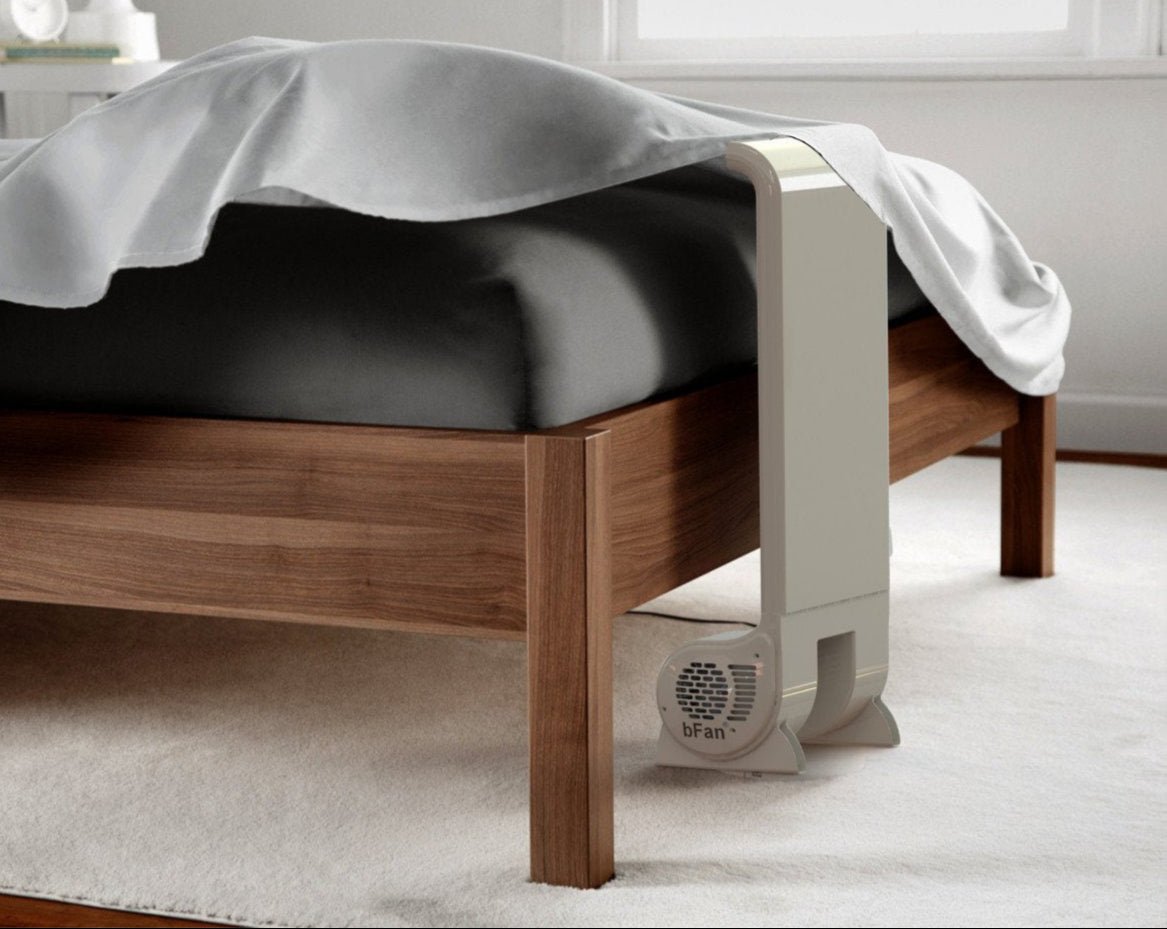Are Hot Flashes Worse in the Summer
Hot flashes are defined as being a sudden feeling of extreme warmth across the upper body and are usually accompanied by blushing across the skin and feeling cold afterward. Your heart rate will also increase while the hot flash is occurring, which could last anywhere from thirty seconds to ten minutes! The frequency of hot flashes tends to vary from person to person, but they can occur several times throughout an hour, day, or even just a few times a week.
Many different things can cause hot flashes, but the most common cause is menopause, which is the decline of women's reproductive system. As women enter menopause, their hormone levels change, especially estrogen levels, which control their body's thermostat and make it sensitive to changes in temperature. Hot flashes also frequently occur during cancer treatment because of the way that different therapies, especially hormonal ones, affect the body's hormones.
In the case of menopause, hot flashes can be experienced for up to 10 years, starting before menopause and continuing into post-menopause. They can also last for quite a while during cancer treatments.
The longevity of this symptom can become frustrating and hard to deal with- especially during the summertime. One of the several things that exacerbate hot flashes is, not surprisingly, heat.
Dressing for the weather is an excellent way to make summertime heat more bearable when dealing with hot flashes. Wearing lightweight and breathable clothing, as well as loose-fitting clothing, is the best way to cool your body during summer heat and humidity. Protecting yourself from sunshine through the use of sunscreens and hats can also help. Make sure to also drink lots of water in order to compensate for the amount of liquid you're losing due to heavy sweating.
If you're out and about and begin to have a lot of hot flashes due to the heat, you should attempt to find some reprieve from the heat in an air-conditioned building. On that note, the best route you can take is to avoid the trigger of summertime heat as much as possible by staying indoors in cool air conditioning. You should also make a point to avoid other hot flash triggers during the summer so as not to make hot flashes more frequent. For example, one of the biggest triggers of hot flashes is spicy food! Spicy food makes hot flashes worse in the same way that alcohol also does- through vasodilation of the blood vessels and stimulating nerve endings. Both of these changes can make your body feel hotter and cause a hot flash to occur.
Hot flashes can also occur at night or during sleep in the form of night sweats. These can cause a lot of sleep disruption and lead to sleep loss over time. The best way to conquer these issues at night is by lowering your bedroom's temperature, but this can become tricky during the summer months with air conditioning prices spiking. This is why the best course of action is using the BedFan, which blows air directly over your body to keep it cool at night and help you get a thorough, restful sleep.
Share

